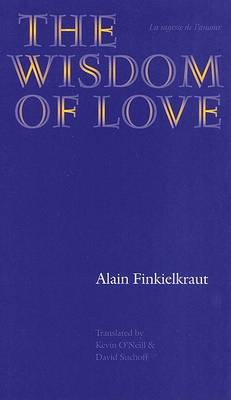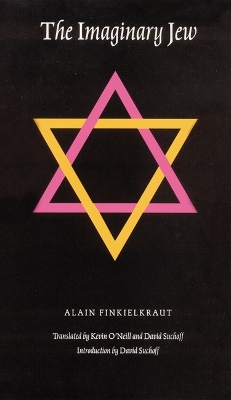Texts and Contexts
3 total works
The book examines the Holocaust, its origins in modern European thought and politics, and recent "revisionist" attempts to deny its full dimensions and, in some cases, its very existence as historical fact. Finkielkraut's central topic is the impulse toward "negation" of the Nazi horrors: the arguments made by many people, of varying political orientations, that "the gas chambers are a hoax or, in any case, an unverifiable rumor." In addition, Finkielkraut looks at other instances of twentieth-century mass murder and at arguments made by contemporary politicians and intellectuals that similarly deny the full extent of these other atrocities. An original, fearless book, The Future of a Negation is an essential contribution to our understanding of the Holocaust and of genocidal politics and thought in our century.
Finkielkraut decodes the shifts in anti-Semitism at the end of the Cold War, chronicles the impact of Israel's policies on European Jews, opposes arguments both for and against cultural assimilation, reopens questions about Marx and Judaism, and marks the loss of European Jewish culture through catastrophe, ignorance, and cliche. He notes that those who identified with Israel continued the erasure of European Judaism, forgetting the pangs and glories of Yiddish culture and the legacy of the Diaspora.


